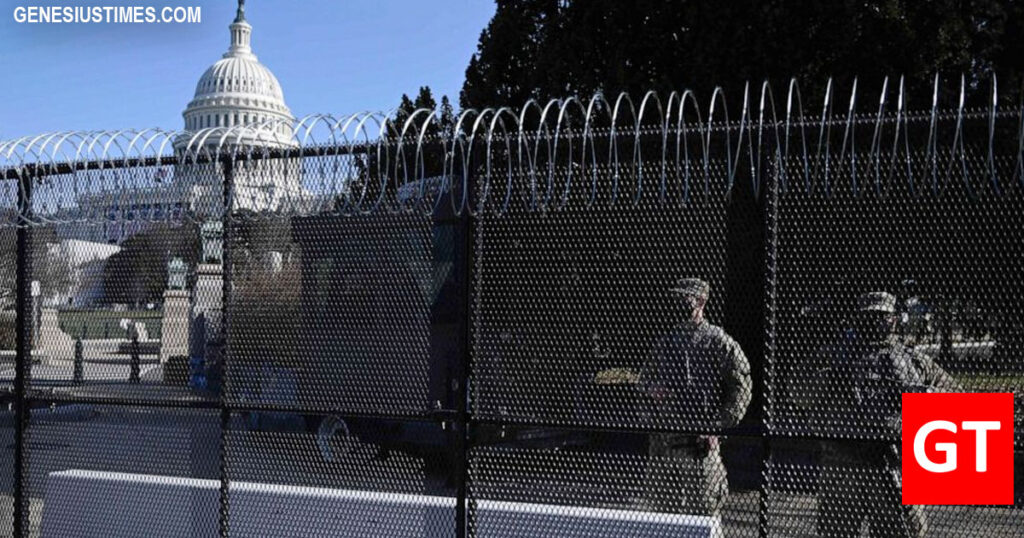SCOTUS rules that razor wire can only be used to protect politicians from US citizens, not the US from invasion

WASHINGTON, DC—In a groundbreaking decision that left border security advocates scratching their heads and politicians breathing sighs of relief, the Supreme Court of the United States (SCOTUS) has ruled that razor wire shall be reserved exclusively for the protection of politicians from the ominous threat of U.S. citizens, rather than as a deterrent against illegal border crossings.
Justice Sonia Sotomayor, delivering the majority opinion with an air of judicial finesse, explained, “We find that razor wire, in its sharp and imposing nature, is best suited to shield our esteemed politicians from the potential inconvenience of encountering disgruntled constituents. This decision aligns with our commitment to prioritize the safety and comfort of those who dedicate their lives to public service.”
The ruling has sparked a wave of confusion among border patrol agents and concerned citizens who had hoped razor wire would continue to serve its traditional role in safeguarding national borders. Some enterprising individuals have even started fashioning tiny razor wire crowns for their elected officials, inspired by the newfound aura of royalty bestowed upon politicians by the highest court.
The decision has prompted intense debates across the nation, with citizens questioning whether they should now prepare formal petitions to gain an audience with their representatives or, alternatively, invest in a hedge trimmer to navigate the newfound barricades surrounding the political elite.
In a hastily called press conference, Senator Mitch McConnell, a fervent supporter of border security, expressed his exasperation, “…………..”
As the nation grapples with the implications of this peculiar ruling, legal scholars are left wondering if other inanimate objects will be earmarked for the protection of politicians. Will moats, drawbridges, or perhaps even inflatable castles become the next line of defense against constituents seeking answers? Only time will reveal the extent of this peculiar pivot in the realm of security jurisprudence.
![]()




